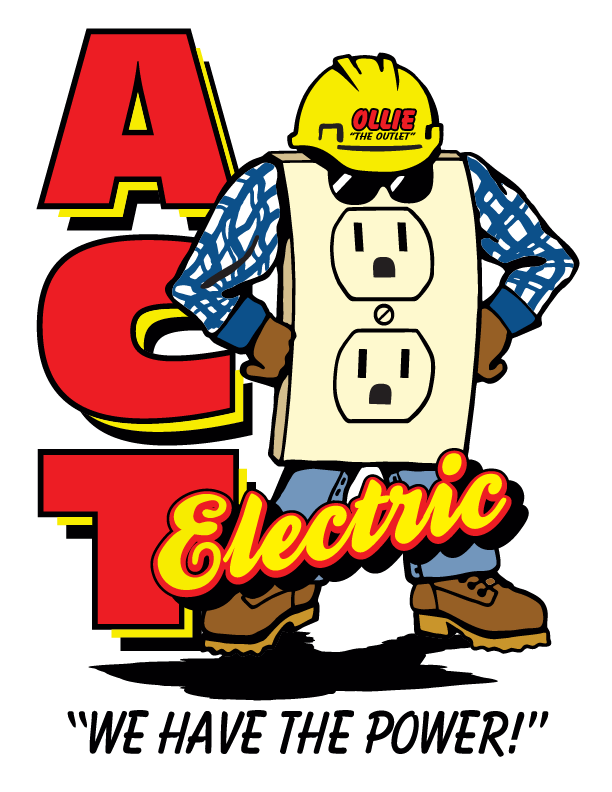Preparing for Emergency Electrical Work: A Homeowner's Checklist
Being prepared for such emergencies is fundamental for homeowners.
Emergency electrical situations can arise without warning, posing risks to both safety and property. Being prepared for such emergencies is fundamental for homeowners. A checklist can help mitigate risks and streamline the process of promptly addressing electrical issues. Here is a comprehensive guide on how to prepare for emergency electrical work.
Know the Electrical System
Understanding the basics of a home's electrical system is essential. Familiarity with the location of the main circuit breaker, sub-panels, and significant appliances connected to the system can be vital during an emergency. Identifying these components helps shut off power quickly, preventing further damage or danger.
Maintain Contact Information for a Licensed Electrician
Keeping the contact information of a licensed electrician readily available is a critical step in preparing for emergency electrical work. A trusted professional who can respond swiftly to emergencies can save time and reduce the risk of severe damage. Establishing a relationship with a local residential electrician who understands the specific needs of the home's electrical system is beneficial.
Regular Inspection and Maintenance
Regular examinations and maintenance of the electrical system can prevent many emergencies. Scheduling periodic checks with a licensed electrician can help identify and amend potential issues before they escalate. Routine maintenance should include inspecting wiring, outlets, switches, and the main electrical panel for signs of wear, damage, or malfunction.
Create an Emergency Kit
An emergency electrical kit can be a lifesaver during unexpected situations. The kit should include essential tools such as a flashlight, batteries, electrical tape, a non-contact voltage tester, and a fire extinguisher rated for electrical fires. These items can help manage minor issues or stabilize the situation until professional help arrives.
Know the Warning Signs
Recognizing the cautionary signs of electrical problems can prevent emergencies. Common indicators include frequent circuit breaker trips, flickering lights, warm outlets or switches, buzzing sounds, and burning smells. Any of these signs should prompt immediate action and a call to a licensed electrician to assess and address the issue.
Establish Safety Protocols
Developing and practicing safety protocols for dealing with electrical emergencies is essential. All household members should know the steps to take in an electrical emergency, such as evacuating the area, not touching electrical equipment with wet hands, and knowing how to shut off the main power supply. Clear communication and regular drills can enhance preparedness and safety.
Have a Plan for Power Outages
Power outages can happen for different reasons, including severe weather or faults in the electrical system. Having a plan for handling power outages is pivotal. The plan should cover how to safely use generators, the location of emergency lighting, and procedures for keeping perishable food safe. Consulting with a residential electrician can provide additional insights into safeguarding the home during prolonged outages.
Verify Proper Grounding
Proper electrical system grounding is fundamental for safety. Grounding helps prevent electrical shock and protects appliances from power surges. Regular checks by a licensed electrician can confirm that the grounding system is intact and working correctly. Any grounding issues should be addressed immediately to maintain electrical safety.
Understand How to Use a Fire Extinguisher
Knowing how to utilize a fire extinguisher correctly can be vital during an electrical fire. The extinguisher should be easily accessible, and all household members should be trained. It is essential to use a fire extinguisher rated for electrical fires and never to use water to extinguish an electrical fire, as it can worsen the situation.
Document the Electrical System
Maintaining a detailed record of the home's electrical system, including the locations of all panels, outlets, switches, and major appliances, can be extremely useful during an emergency. Documentation should also include dates of inspections, maintenance, and any repairs conducted by a licensed electrician. This record can help quickly diagnose and resolve issues during emergencies.
Educate Household Members
Education is a key component of electrical safety. All household members should be informed about the basics of electrical safety, how to recognize warning signs, and what to do in an emergency. Providing this education can empower everyone in the home to act swiftly and safely during electrical emergencies.
Preparing for emergency electrical work involves understanding the home's electrical system, maintaining regular contact with a licensed electrician, and having the right tools and knowledge to handle emergencies. By following these guidelines, homeowners can significantly lower the risks connected to electrical emergencies and protect their property and loved ones. Proper preparation and education are the best defenses against the unpredictable nature of electrical issues.
The qualified electricians at ACT Electric perform quality lighting, wiring, home generators, landscape and security lighting, and new home wiring jobs. We are a 24-hour emergency electrician to cater to all your needs any time of the day or night. call at (480) 986-1722.

